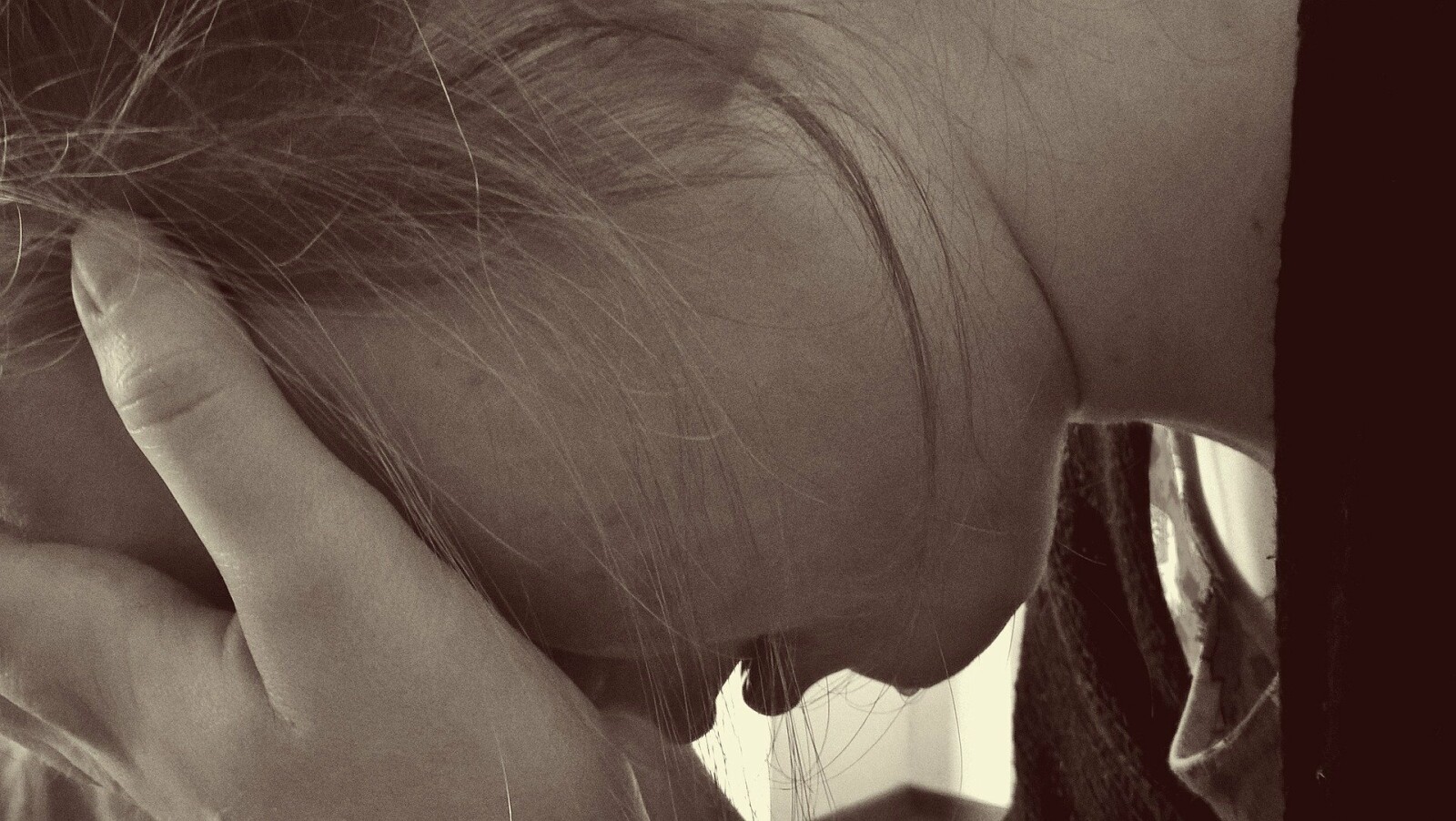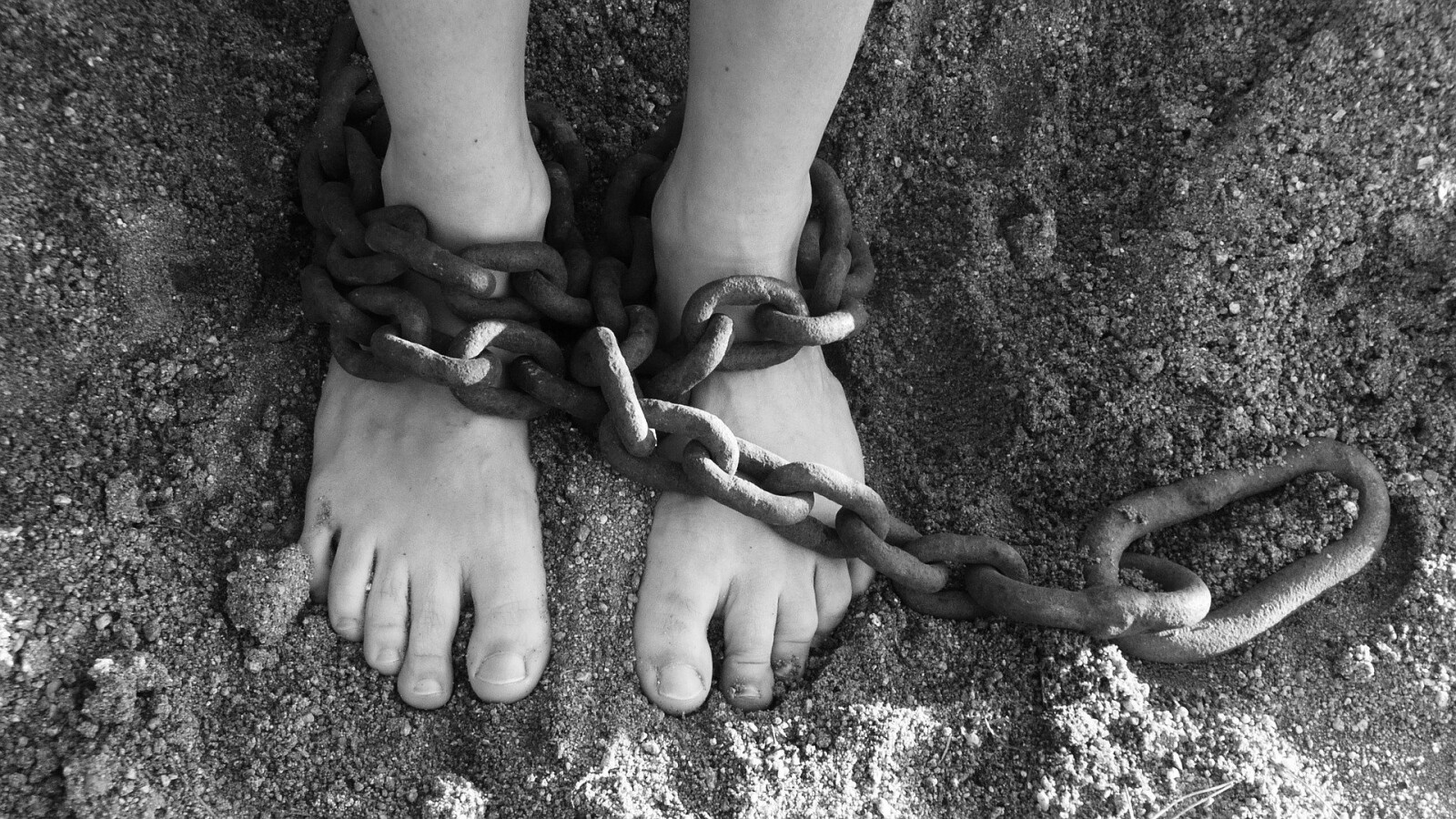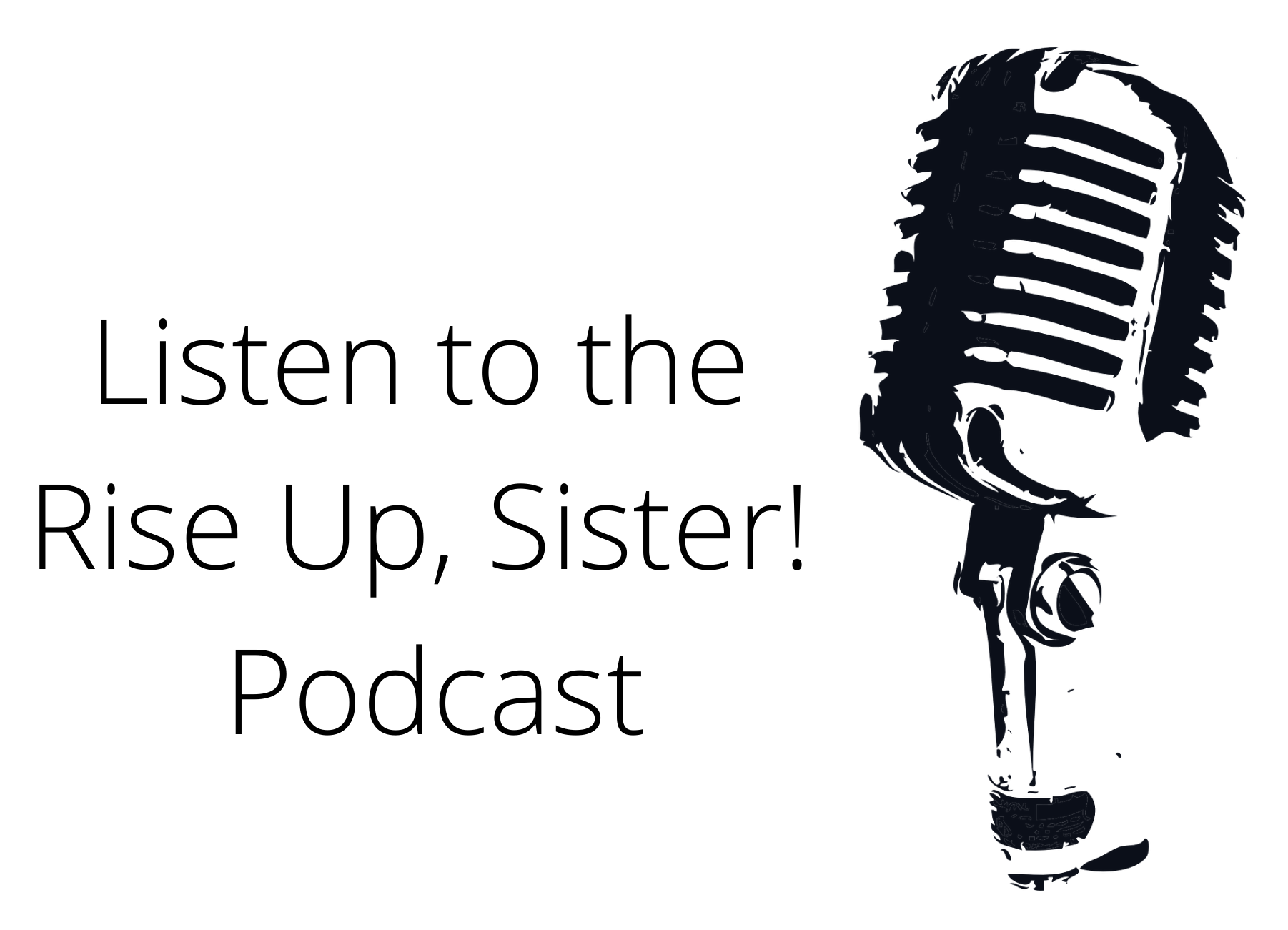
Domestic abuse takes an enormous toll on its victims both mentally and physically. It is natural for survivors of domestic violence to feel overwhelmed by their experiences; however, it is important for them to remember that healing from trauma takes time—and it isn’t something that can be rushed or forced upon oneself. With patience, self-care strategies like proper nutrition and exercise, therapy if needed, support from friends and family members who care about them deeply—and most importantly—love for themselves along the way—survivors will eventually find peace within themselves once again.


- Prayer
- Read
- Worship!
- Connect With Others
- Be Still and Listen







One time, many years ago, I went into Walmart and made my way down the deodorant aisle. I remember making a trip specifically for that one thing. I stood there looking at all the items lining the wall. There were so many. Which one did I need? Which one did I wear? My eyes scanned each row over and over, but for the life of me I could not remember which deodorant that I normally wore. I waited for that one to jump out at me, for my brain to say ‘aha, that’s it!’ but not one of them looked a bit familiar to me. I suddenly felt completely overwhelmed and started sweating. Then, I had a meltdown. Yep, right there in the Walmart deodorant aisle. This was a time in my life when the stress levels were at such a high level, my body was rebelling against me. It didn’t know what to do with the stress that it was being required to handle. Have you ever felt this way?
Trauma can take an awful toll on the body, and not just with mental health, but physical health as well.
According to an article in Psychology Today, 90% of adults have experienced at least one traumatic event in their life. Y’all, that’s a lot. 9 out of 10 people. The article also states that 1 in 13 people will develop PTSD (Post-Traumatic Stress Disorder) at some point in their life, and that it affects 10% of women compared to 4% of men. I wonder what the healing rate is of all those people. These statistics are so hard to hear, and it hits me in the heart because it doesn’t have to be this way. Somehow, we just get stuck. Stuck in all the mess.
This means that 9 out of of every 10 people walking around every day has experienced some stress related to their trauma. What does trauma in the body look like?
Overwhelm and Anxiety.
Depression
Flashbacks
Weight gain or loss
Irritable Bowel Syndrome/Gut Health
Chronic Fatigue
Chronic Pain
Diabetes
Auto-Immune Disease
Increase of risk of heart disease and cancer
Do any of these sound familiar?
Trauma and stress completely jack up your nervous system, endocrine system, and immune system and can cause your entire body to malfunction. We have to learn to take care of our bodies and our minds. Self-care is not what our society has made it out to be. Emotions and feelings that are a result of trauma are not meant to be ignored and stuffed down to pretend they are not there. Doing that increases the likelihood that our physical symptoms will not improve, and potentially get worse.
I believe that in order to reverse the effects of trauma on the body, the trauma must first be processed and released by the brain.
That means facing your trauma head-on. Recognizing it, addressing it, and talking about it. And not just talking about the trauma, but talking through the trauma. I also believe there is an unhealthy way to talk about trauma that makes you relive it over and over, and that is not helping you. It is important to find a support system that will be there for you as you journey through the healing process. That may be friends, family, a therapist, or other professional. Support systems are imperative. As you work on your emotional freedom, there will be a need to talk through what you learned or when you will make connections or have aha moments about your past. Things will start making sense, and you will need a safe space for someone to listen as you process.
It will take time. Your healing will not happen overnight. Once you start letting go and processing through the trauma, it will take time for your body to catch up with your brain. Be patient with yourself. You will eventually notice that your body doesn’t react to the stress of the emotion anymore. That you are feeling better mentally and physically. As you start feeling better, you may begin taking better care of yourself mentally and fueling your body in a different way. That, sisters, is self care. Not the pedicures and massages and candles that are so often talked about. Real self care is loving yourself enough to get better, and knowing what your mind, body, and spirit need.
Releasing your trauma will be the best thing you ever do for yourself.



